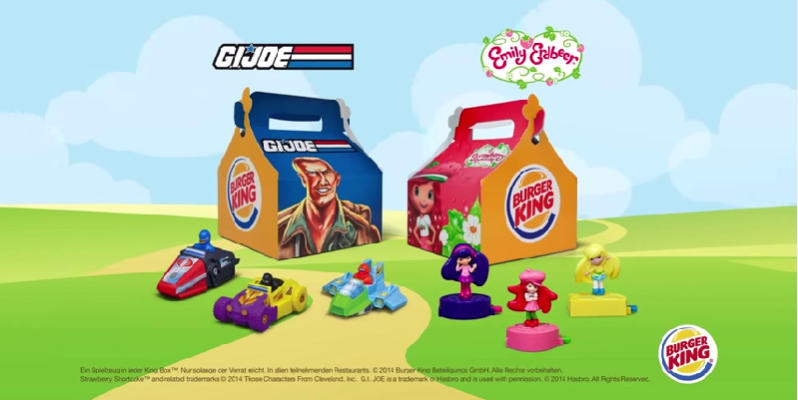ADVERTISING
Categories
- ADVERTISING
- CLIENT WORK
- CONSUMER TRENDS IN SUSTAINABILITY
- CONTENT MARKETING
- DIGITAL MARKETING
- EQUITY CROWD-FUNDING
- ETHICAL MARKETING
- GOODSENSE NEWS
- GREEN MARKETING
- GREENWASH
- MARKETING EFFECTIVENESS
- MARKETING SOFTWARE AND TECHNOLOGY
- MARKETING TRENDS
- MESSAGING
- NATIVE ADVERTISING
- PRIVACY
- REGIONAL BUSINESS PARTNER NETWORK
- SCIENCE COMMS
- SOCIAL AND ENVIRONMENTAL ETHICS
- SUSTAINABILITY
- SUSTAINABLE MARKETING COURSE
- TIPS AND HOW TOS
- UNCATEGORISED
- WEBSITE MARKETING
Tags
'Ethical Choice' label
B Corp
brand
CIO Summit
client work
client work. green marketing
climate change
collectibles
Communication
content
content marketing
Copy
corporate responsibility
Countdown DreamWorks character cards
crowd-funding
Deptive
digital
Dole Bananas
equity
events
freelance
goodsense
GoodSense news
green marketing
growth
logo
marketing
Marketing vs IT
messaging
online
PR
SBN
SBN Conference
social
SOCIAL IMPACT
social media
strategy
sustainability
Sustainable
sustainable marketing
team
vegan
video
work from home
workshop
ABOUT
At GoodSense, we only use marketing and communications as a force for good. We use our powers to grow a healthier, fairer, zero-carbon world.
Find out more >
Find out more >
GET IN TOUCH
GoodSense Marketing
Call 09 973 0960
Auckland Wellington Christchurch Melbourne and online everywhere
Email theteam@goodsense.co.nz
Fill out my online form
Open enews sign up page
We’ll treasure your details, store them securely, never give them away and delete them or unsubscribe you if you ask. Privacy policy.
©2024 Goodsense Limited. All rights reserved. Terms




















